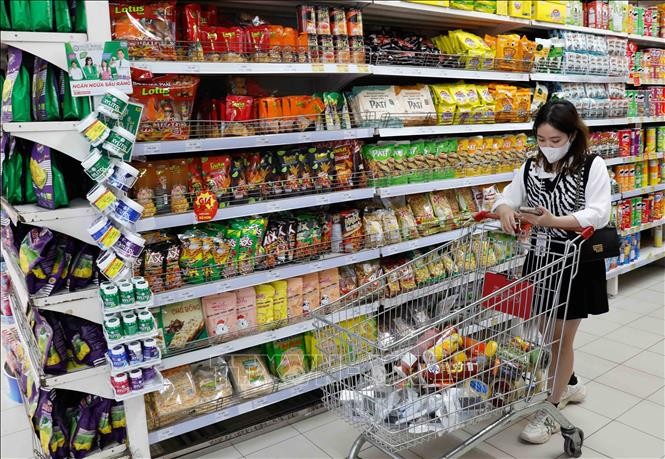
Speaking to the press, Mr. Le Xuan Truong, Head of the Tax - Customs Department (Academy of Finance) said that the continued reduction of 2% of value added tax rate, applied from July 1, 2025 to December 31, 2026, along with the proposal to add a number of groups of goods and services to the tax reduction list, has a strong spillover effect on the economy, because this is an indirect tax levied on consumption.
At the same time, it will help reduce input costs, thereby lowering product prices and improving business competitiveness, especially in the context of many countries increasing taxes on imported goods.
According to economist Ngo Tri Long, the expansion of the group of goods and services eligible for VAT reduction shows that the Government is implementing a flexible fiscal policy to support businesses and people. If implemented effectively, this policy will not only help stimulate the economy in the short term but also create a driving force for sustainable growth in the long term.
In the draft Resolution of the National Assembly on value-added tax reduction this time, in addition to extending the application period from July 1, 2025 to December 31, 2026, the Ministry of Finance proposed expanding the subjects eligible for a 2% tax rate reduction compared to Resolution 43/2022/QH15 on fiscal and monetary policies to support the Socio-economic Recovery and Development Program.
Accordingly, the notable point in this draft is the addition of gasoline and oil to the list of goods proposed for tax reduction. Explaining this proposal, the Ministry of Finance said that although gasoline is subject to special consumption tax and oil is in the list of mining products, these are two items that have a great impact on production, business and people's lives. Fluctuations in gasoline and oil prices directly affect transportation, production and consumption costs. Therefore, reducing taxes on these items will contribute to stabilizing the macro economy.
Some businesses in the logistics and transportation sector have expressed strong support for this proposal, as fuel costs account for a large proportion of service costs. If gasoline and oil prices decrease, transportation costs may decrease, thereby helping to lower prices of goods on the market, creating conditions to stimulate consumer demand.
Ms. Nguyen Thi Thuy, a resident of Minh Khai (Hanoi), shared that if the value added tax on gasoline is reduced, it will have a positive impact on the family budget, saving a significant amount of money when filling up with gas.
“Reducing VAT on gasoline not only helps reduce personal expenses but also has a positive impact on the economy. When gasoline prices decrease, the cost of transporting goods also decreases, contributing to reducing product prices and stimulating consumption,” said Ms. Nguyen Thi Thuy.
Meanwhile, Ms. Le Thi Hue (Thanh Hoa) shared that the policy of reducing 2% value added tax has created a positive change in the daily spending of families, especially in the current context when the prices of goods and services are constantly increasing. This tax reduction helps reduce the cost of essential products, such as food, consumer goods, and services, so her family can save a part of the family budget, and at the same time can consume more without worrying too much about the increase in prices.
Sharing more, Ms. Le Thi Hue said, before I bought a kilo of pork for about 170,000 VND, if VAT is reduced from 10% to 8%, the price of pork can be reduced by about 3.4 thousand VND. Although the change is not big, with the monthly consumption, my family will save a significant amount.
Meanwhile, Ms. Vu Thi Thu Thuy, Director of a consumer goods retail company in Hanoi, highly appreciated the Ministry of Finance's proposal to extend the 2% value-added tax reduction until the end of 2026. Ms. Thuy said that this will create favorable conditions for businesses in making long-term business plans, especially in the context of the fluctuating consumer market.
According to Ms. Thuy, extending the VAT reduction period not only helps reduce input costs for businesses, but also stimulates consumer demand. When commodity prices decrease due to lower VAT, consumers tend to shop more, contributing to increased revenue for retail businesses.
Previously, the VAT reduction policy was implemented from 2022 to present, aiming to support people and businesses to recover from the COVID-19 pandemic. Over the past three years, the value of support from this policy has reached VND123,800 billion.
2025 is the fourth year that the National Assembly and the Government have decided to reduce value-added tax to support the economy and increase consumer demand. According to the Ministry of Finance, extending the value-added tax reduction policy until mid-2025 could reduce budget revenue by about VND25,000 billion, equivalent to VND4,175 billion per month. In the first two months of this year alone, the value-added tax reduction is estimated at about VND8,300 billion.
According to the Ministry of Finance's assessment, reducing value-added tax has the effect of reducing value-added tax revenue but also has the effect of stimulating production, promoting production and business activities, thereby also contributing to creating additional revenue for value-added tax.
In order to compensate for the revenue shortfall due to policy implementation, the Government focuses on directing ministries, central agencies and localities to carry out tasks, solutions and fiscal policies according to the Resolutions issued by the National Assembly and the Government to remove difficulties for businesses and people, promote GDP growth drivers in 2025 to reach at least 8% and strive for double digits in more favorable conditions, thereby creating additional revenue sources for added value.
In addition, it is necessary to be resolute in collecting value-added tax, strengthening management, inspection, examination, reforming administrative procedures, promoting digital transformation in tax management, especially in key areas and fields, collecting from land, real estate transfer, e-commerce activities, business activities on digital platforms...
In addition, strictly manage value-added expenditures, increase expenditure savings; proactively use reserves, reserves and other legal resources to spend on prevention and control of natural disasters, epidemics and urgent tasks arising according to regulations, ensuring budget balance at all levels.
Source: https://baolaocai.vn/giam-thue-vat-don-bay-kich-cau-tao-da-cho-tang-truong-post399381.html


![[Photo] Comrade Khamtay Siphandone - a leader who contributed to fostering Vietnam-Laos relations](https://vstatic.vietnam.vn/vietnam/resource/IMAGE/2025/4/3/3d83ed2d26e2426fabd41862661dfff2)
![[Photo] Special relics at the Vietnam Military History Museum associated with the heroic April 30th](https://vstatic.vietnam.vn/vietnam/resource/IMAGE/2025/4/3/a49d65b17b804e398de42bc2caba8368)

![[Photo] Prime Minister Pham Minh Chinh receives CEO of Standard Chartered Group](https://vstatic.vietnam.vn/vietnam/resource/IMAGE/2025/4/2/125507ba412d4ebfb091fa7ddb936b3b)

![[Photo] Prime Minister Pham Minh Chinh receives Deputy Prime Minister of the Republic of Belarus Anatoly Sivak](https://vstatic.vietnam.vn/vietnam/resource/IMAGE/2025/4/2/79cdb685820a45868602e2fa576977a0)
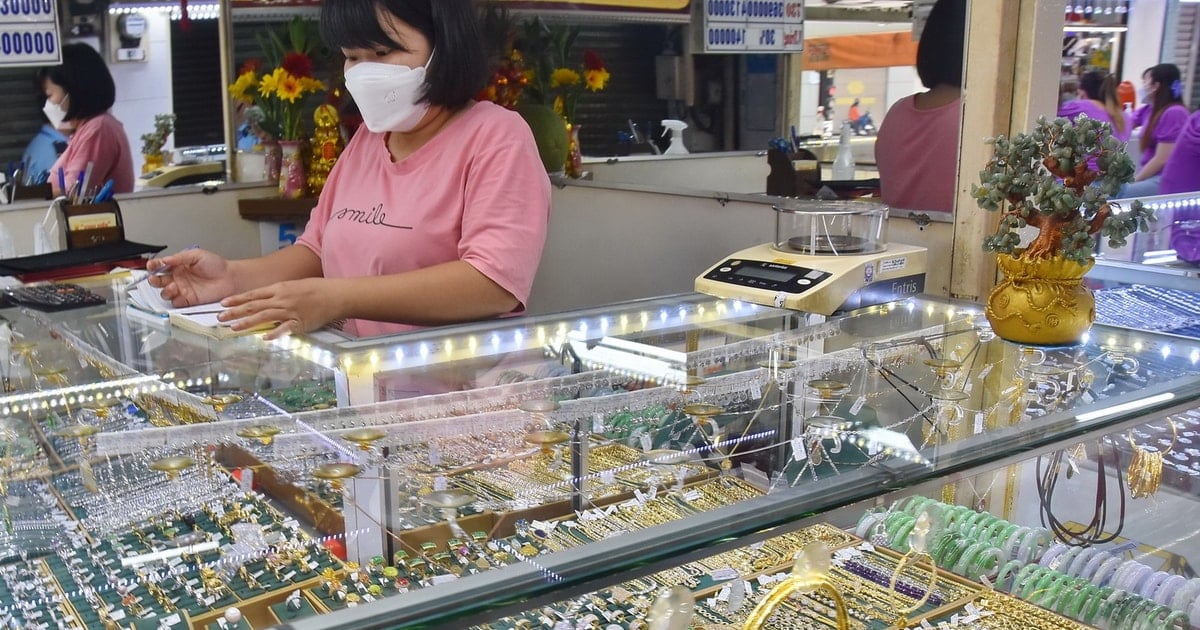
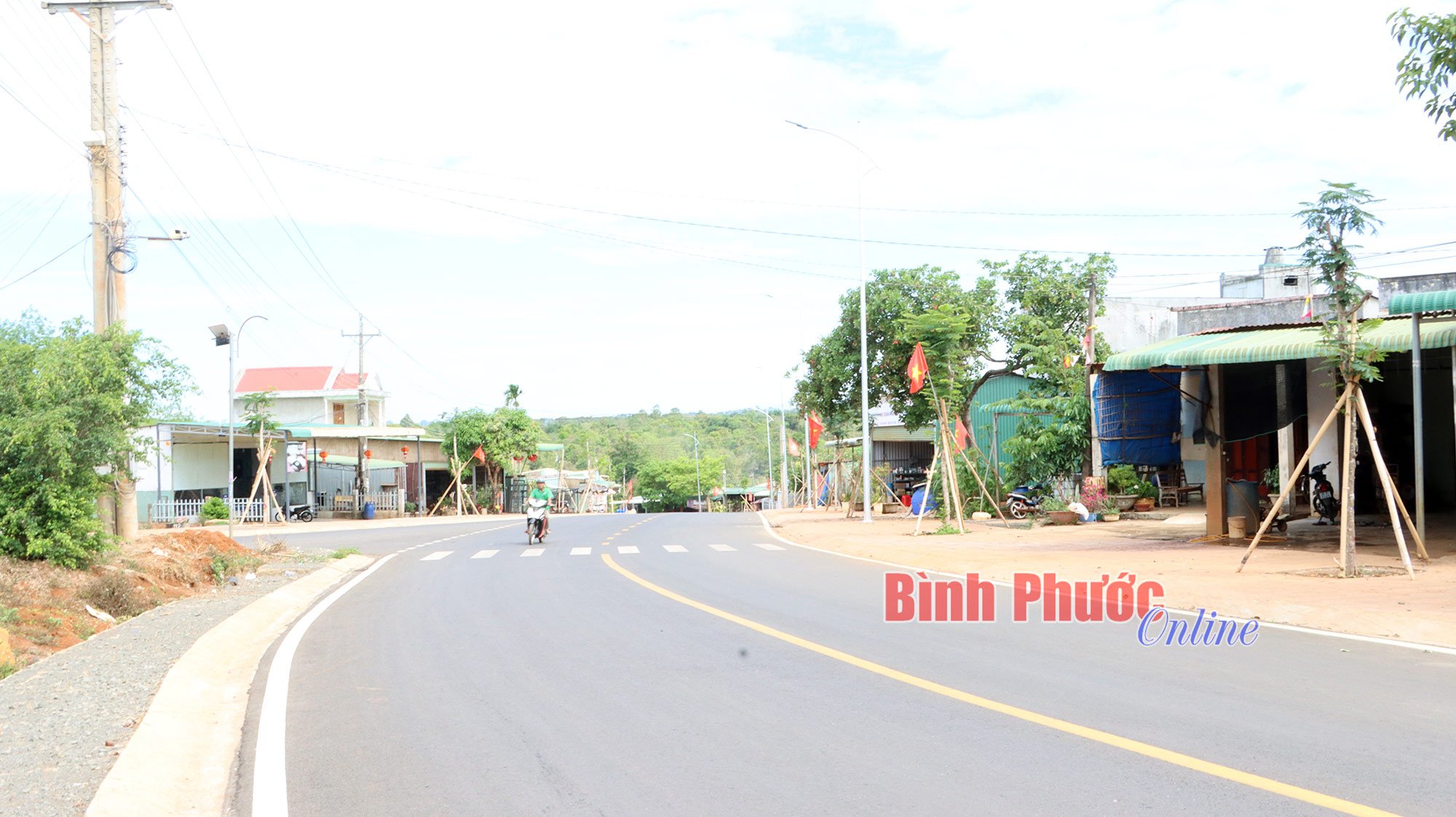
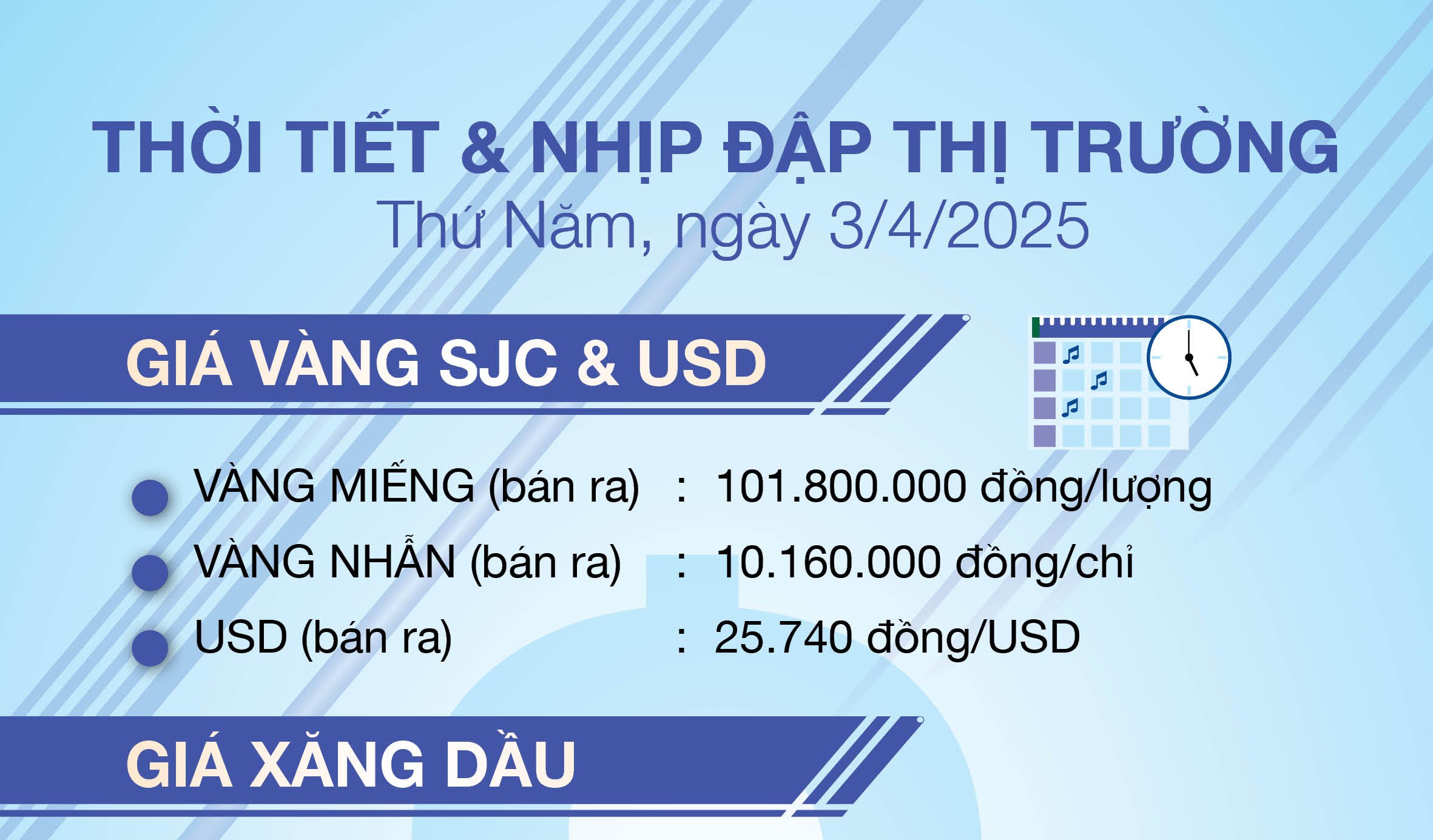
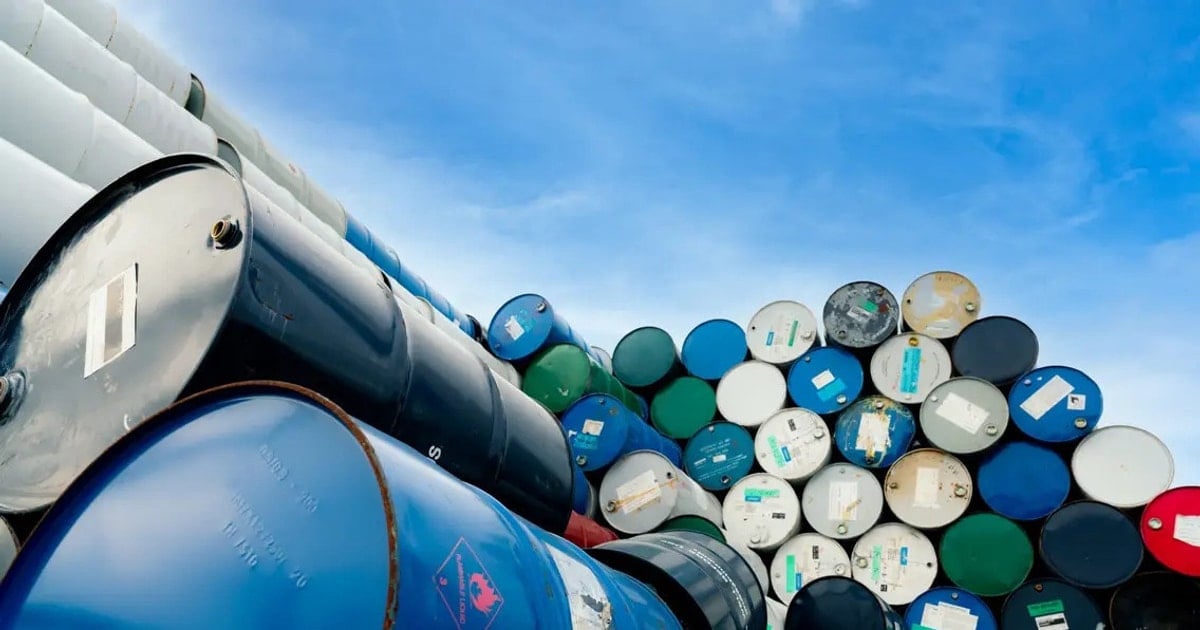
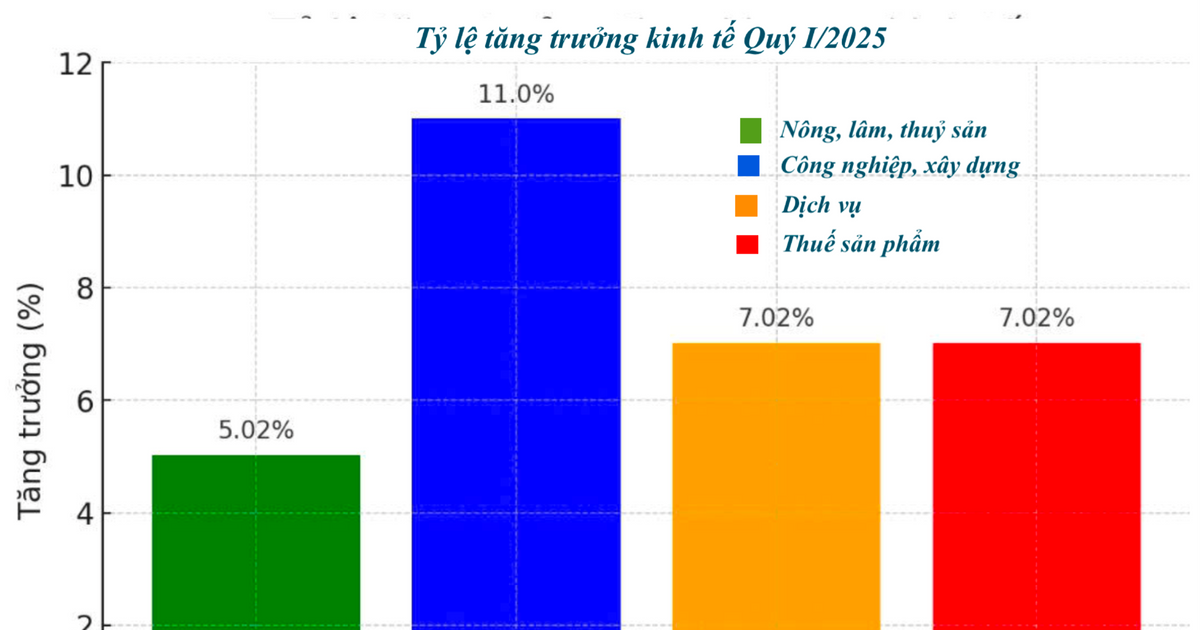
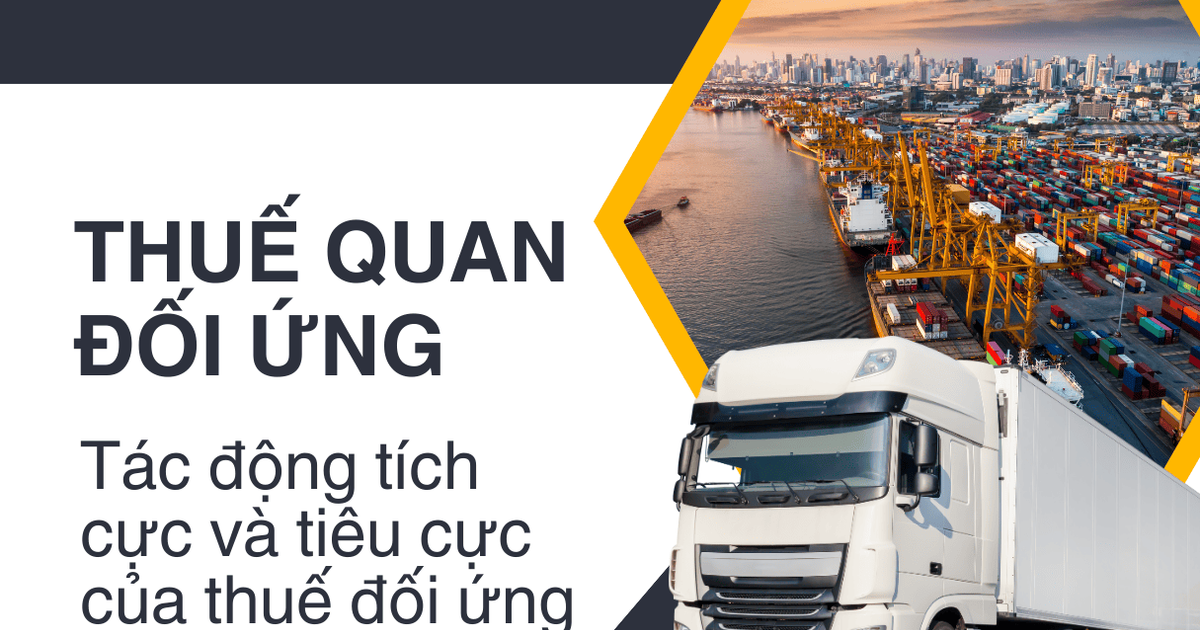




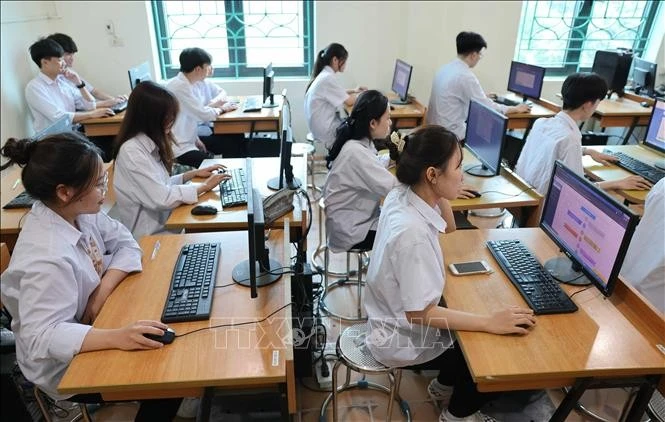
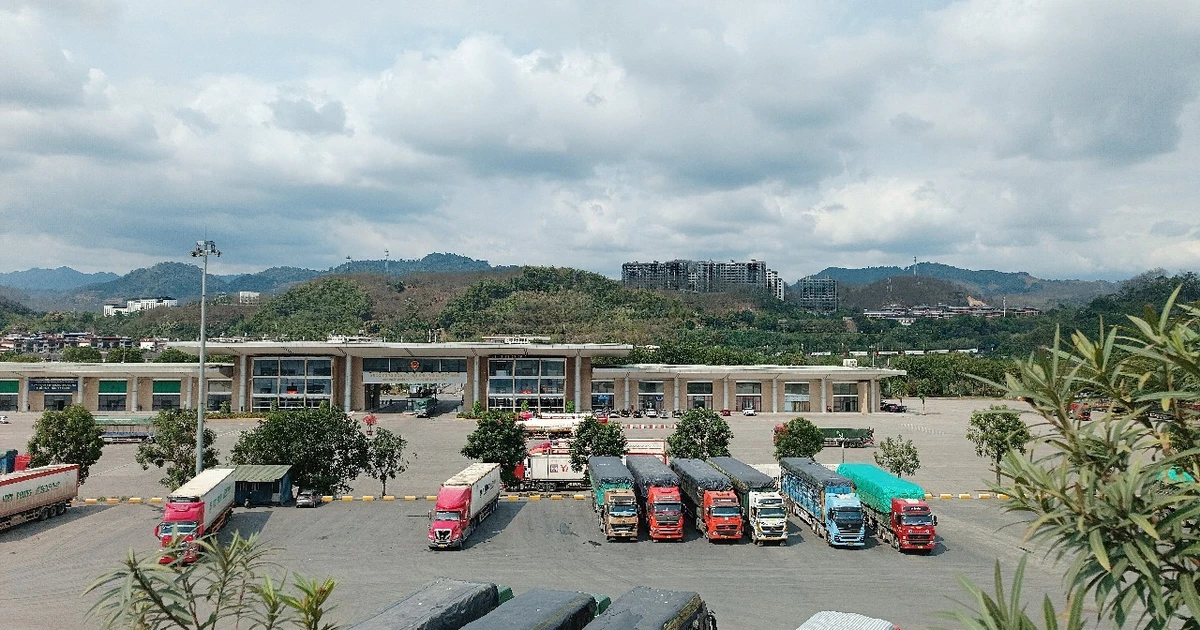
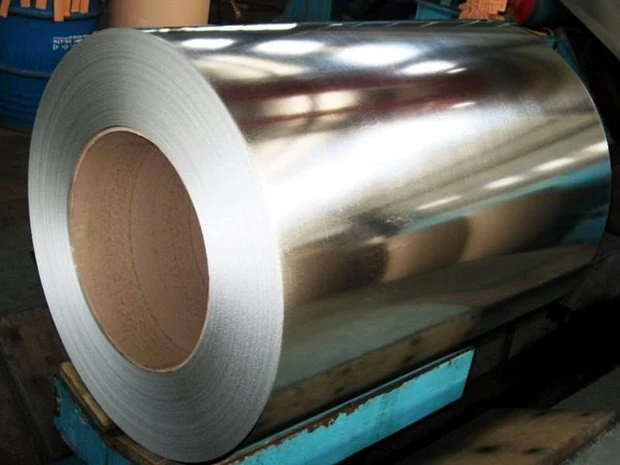
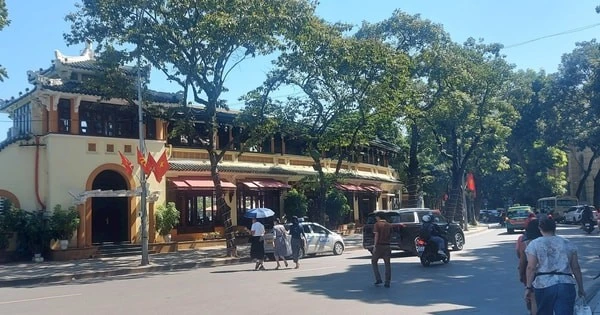

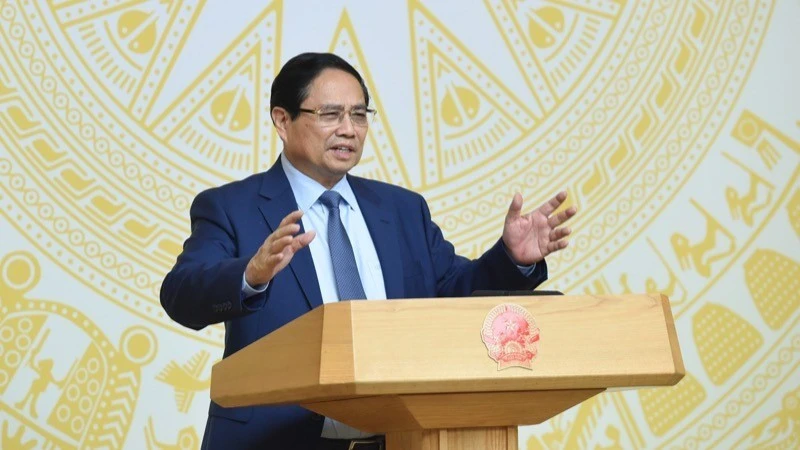






























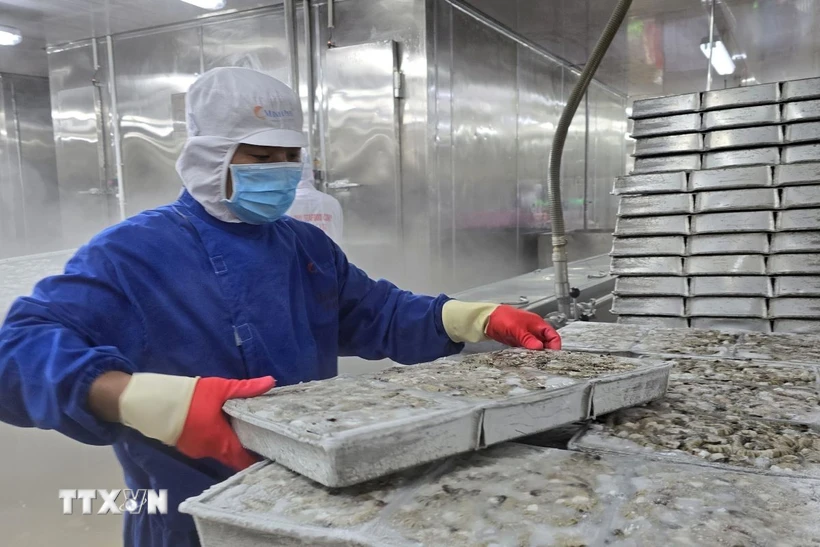

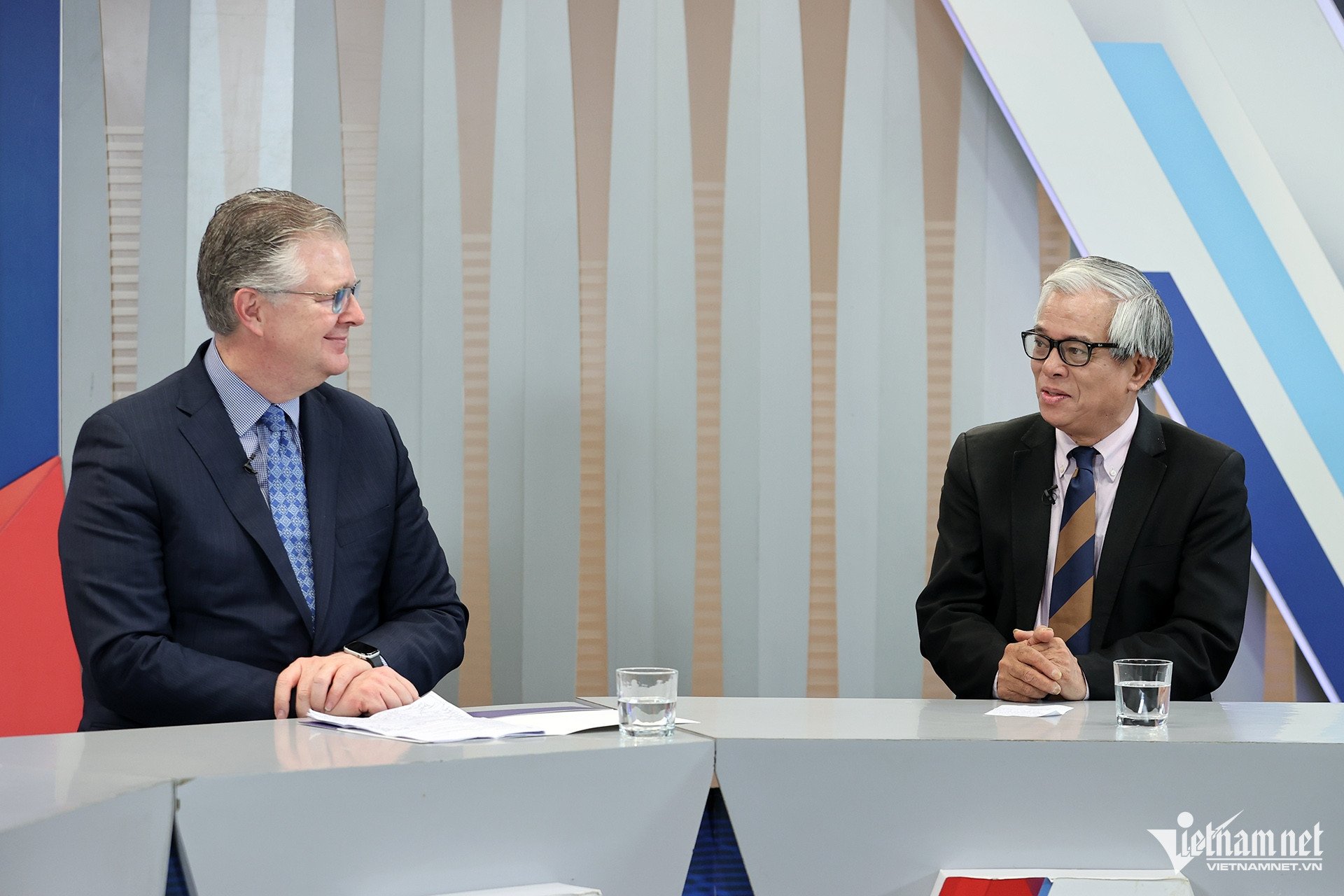




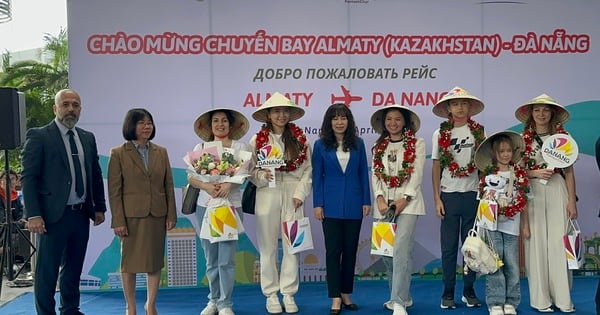








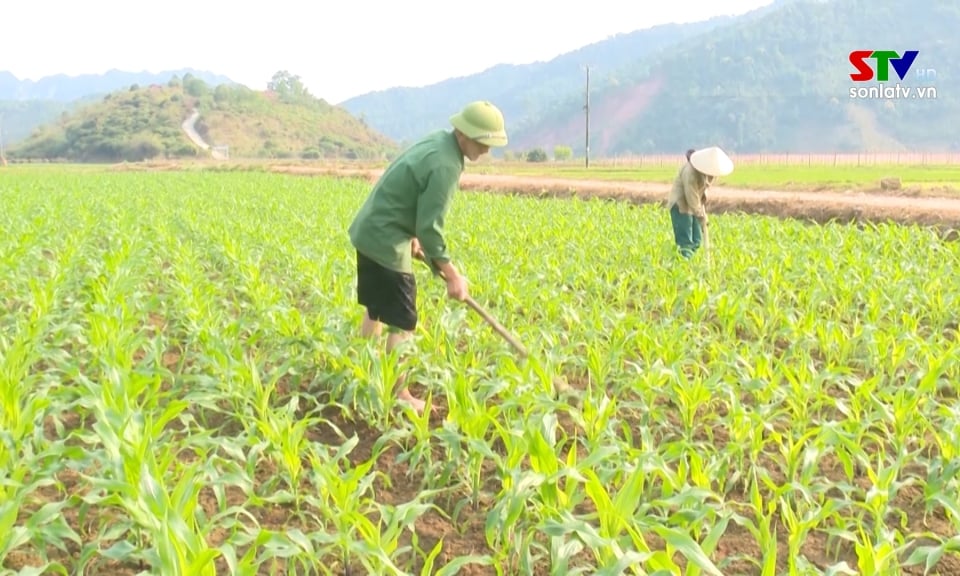




















Comment (0)